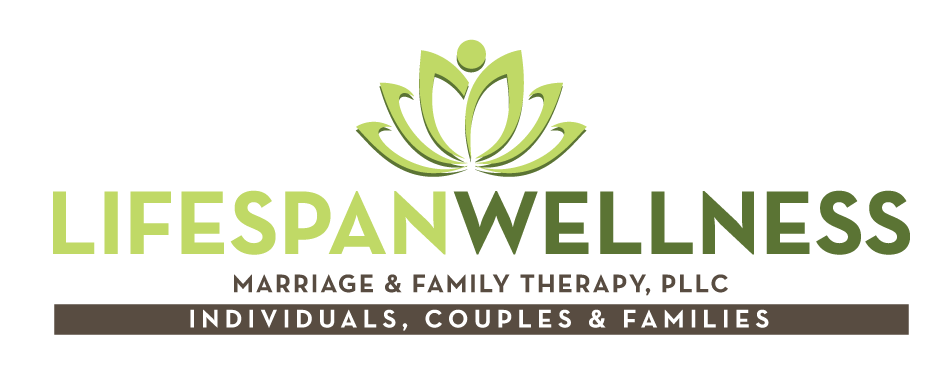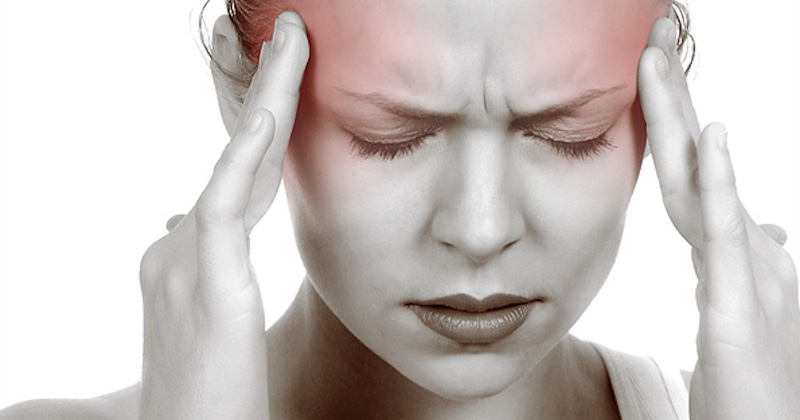I have to admit, it turns out that before I looked into this I didn’t know very much about migraines at all.
What I did know was that a migraine typically lasts from 4 to 72 hours, and physical symptoms include:
- Pain on one side or both sides of your head
- Pain that feels throbbing or pulsing
- Sensitivity to light, sounds, and sometimes smells and touch
- Nausea and vomiting
- Blurred vision
- Lightheadedness, and sometimes fainting
What I also knew, and is also listed on the Mayo Clinic’s webpage (2017), about migraines is that these factors also may impact the experience of migraines:
- Hormonal changes in women, particularly immediately before or during their periods, when they have a major drop in estrogen, or during pregnancy or menopause.
- Hormonal medications, such as oral contraceptives and hormone replacement therapy, can alter the experience or frequency of migraines.
- Stress (any kind of stress)
- Strong sensory stimuli, which can include bright lights, loud sounds, and strong smells
- Changes in wake-sleep patterns, which includes too little sleep, too much sleep or jet lag
- Strenuous physical exertion, including sexual activity
- Weather or air pressure changes in the environment
- Some medications
What I did not know was that diet also plays a strong role in the experience of migraines. In addition to alcohol and food additives, the Human Health Project (2017) identified through surveys these items that may also trigger migraines:
- Caffeine—intake or withdrawal
- Anything with MSG (monosodium glutamate), tyramine, or nitrates
- Aged cheese
- Nuts and peanut butter
- Onions
- Buttermilk or sour cream
- Aged or cured meats
- Processed or canned meat
- Soy sauce
- Pickles
- Beans—lima, navy, pinto, and others
- Meat tenderizer
- Brewer’s yeast
- Canned soup
- Avocados
- Sauerkraut
- Red plums
- Snow peas
Since self-care is such a vital part of mental health and wellness functioning, it’s important to look at our daily regimens, including our dietary habits. Looking over this list I can easily find items I have on my grocery list or among my top favorite restaurant meal choices. Migraine sufferers, are any of these foods on your list? Are there any others that you would add to this list? Please feel free to contact me and let me know!
Migraines, Stress, Mental Health, & Relationships
Stress and migraines seem to have a reciprocal relationship: that which causes stress can cause migraines, and having migraines and needing time to recover can cause more stress. In addition to this, there is often a ripple effect on mental health issues and social, family, and intimate partner relationships.
According to the Anxiety and Depression Association of America (2016), some people who experience migraines may also have an increased likelihood of major depression, general anxiety disorder, dysthymia, bipolar disorder, panic attacks, panic disorder, substance abuse disorders, agoraphobia, phobias, posttraumatic stress disorder, and a higher risk for epilepsy and stroke. When deciding on medical treatments it is strongly recommended to use great care in selecting medications and monitoring side effects, in order to minimize the potential for worsening the symptoms of one condition while treating the other.
A common experience of migraine sufferers is to isolate themselves from social interaction. This results in loneliness, and subsequently experiencing depressive symptoms, physical illness and discomfort, and also low self-esteem. This also tends to disrupt immune system functions, making sufferers more susceptible to illnesses and more periods of illness. Relationships become strained due to interferences from migraines and other stresses, and distance becomes disconnection. Partners and family members lose patience, and moodiness from one or both partners may instigate or perpetuate old and new arguments. Caretaking and leisure activities with children become interrupted. Problems at work with supervisors and colleagues may increase, as might the sick days needed to manage migraines and other illnesses.
Strategies That Can Help
Some helpful ideas for managing disruptions due to migraines include exercising regularly, stabilizing hormone fluctuations, staying in contact with people using telephone, email, text messages, postal mail, and online software programs to connect and express gratitude and appreciation, and having more fun between migraines. Since the holiday season is upon us, other noteworthy ideas from Migraine.com include pre-planning holiday routines and gift ideas, such as using a service to place orders and have them delivered to the recipients on special dates, which adds a special layer of thoughtfulness for the important people in your life that they would appreciate. I’m also a fan of using an online service to make personalized holiday greeting cards, and enlisting help from friends and family in decorating for the holidays and offering brunch.
Expanding personal coping skills can be very beneficial as well. There are several psychotherapeutic approaches that can help, including cognitive-behavioral therapy techniques, and solution-focused techniques. Couples counseling can also open up avenues to resolve lingering issues that tend to resurge in times of crisis and illness, and family therapy can help identify behavioral patterns and reshape interactions to alleviate stressors and increase opportunities for unity, support, and a lot more family fun.
But first, it’s important to start with the basics of self-care: managing your daily sleep/wake schedule, diet, and physical activity routines, and tracking these along with your symptoms. Reviewing your tracking logs with your doctors and a therapist knowledgeable about medical issues can help increase your self-care skills and coping strategies, stabilize any correlating mental health issues, and improve the quality of your relationships.
So, how will you improve your diet today?
If you or a loved one are dealing with any of these issues and would like to schedule an appointment with Lifespan Wellness Marriage and Family Therapy, please visit our webpage to learn more about our services and contact information. Reach out today!
References:
Anxiety and Depression Association of America. (2016). Retrieved on November 9, 2017, from: https://adaa.org/understanding-anxiety/related-illnesses/headaches
Human Health Project. (2017). Migraine Headaches. Retrieved on November 9, 2017, from: https://humanhealthproject.org/migraine/
Mayo Clinic. (2017). Migraine. Retrieved on November 9, 2017, from: https://www.mayoclinic.org/diseases-conditions/migraine-headache/symptoms-causes/syc-20360201
Migraine.com. (2017). Managing Migraines and Relationships. Retrieved on November 9, 2017, from: https://migraine.com/migraine-and-mental-health/managing-migraines-and-relationships/
@ Copyright 2017 Lifespan Wellness Marriage and Family Therapy, PLLC.
The preceding article was solely written by the author named above for informational purposes, and any opinions, analyses, or speculations expressed are not to be interpreted as medical advice. Please consult with your medical provider(s) regarding any health issues you may be experiencing.
None of the materials on this website, including articles, are to be reproduced, altered, or otherwise used by third parties in any way without the expressed written consent of the author.
Photo credit belongs to original photographer. Lifespan does not claim any credit for photo.
Questions or comments can be directed to Maria Constantinou, LMFT at lifespanwellnessmft@gmail.com.

